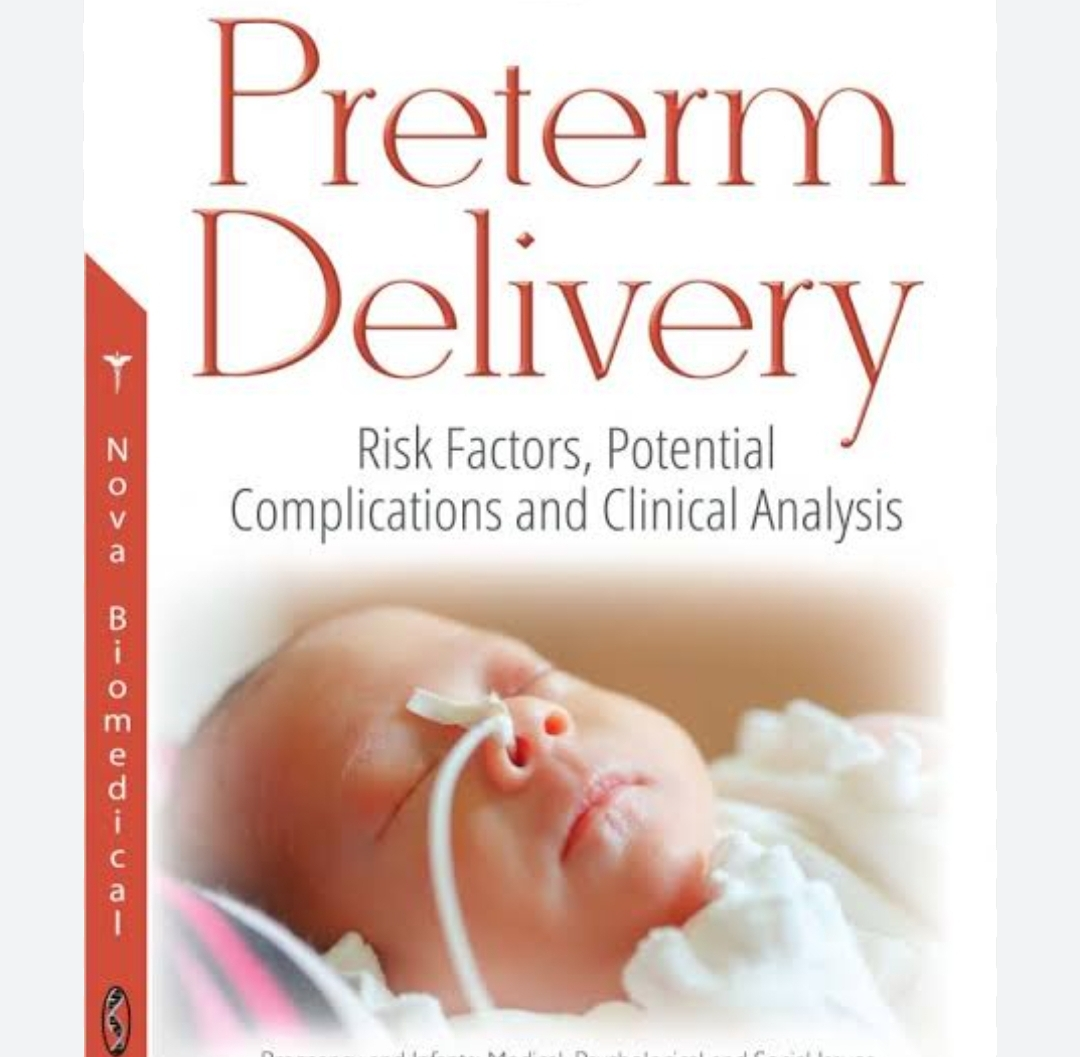
Preterm delivery, also known as premature birth, occurs when a baby is born before 37 weeks of pregnancy. It's a common occurrence, affecting millions of babies worldwide each year.
Causes:
The exact causes of preterm delivery are often unknown, but several factors can increase the risk, including:
Medical conditions: Certain health conditions in the mother, such as high blood pressure, diabetes, or infections, can increase the risk of preterm birth.
Previous preterm births: Women who have had a preterm birth before are at a higher risk of having another.
Multiple pregnancies: Carrying twins or more increases the risk of preterm delivery.
Lifestyle factors: Smoking, excessive alcohol consumption, and drug use can also increase the risk.
Stress: High levels of stress can contribute to preterm labor.
Environmental factors: Exposure to certain chemicals or toxins can also increase the risk.
Complications:
Preterm babies often face various health challenges, depending on how early they are born. These complications may include:
Respiratory problems: Preterm babies may have difficulty breathing due to underdeveloped lungs.
Low birth weight: Preterm babies are often smaller than full-term babies, which can increase their risk of infections and other health problems.
Heart problems: Some preterm babies may have heart defects or other heart problems.
Brain problems: Preterm birth can increase the risk of brain problems, such as cerebral palsy or developmental delays.
Digestive problems: Preterm babies may have difficulty digesting food and absorbing nutrients.
Eye problems: Preterm birth can increase the risk of eye problems, such as retinopathy of prematurity.
Treatment and Care:
Preterm babies often require specialized care in a neonatal intensive care unit (NICU). Healthcare professionals monitor their vital signs, provide respiratory support, and administer medications as needed.
While preterm birth can be a challenging experience for parents, with appropriate care and support, many preterm babies can catch up to their peers and lead healthy lives.




